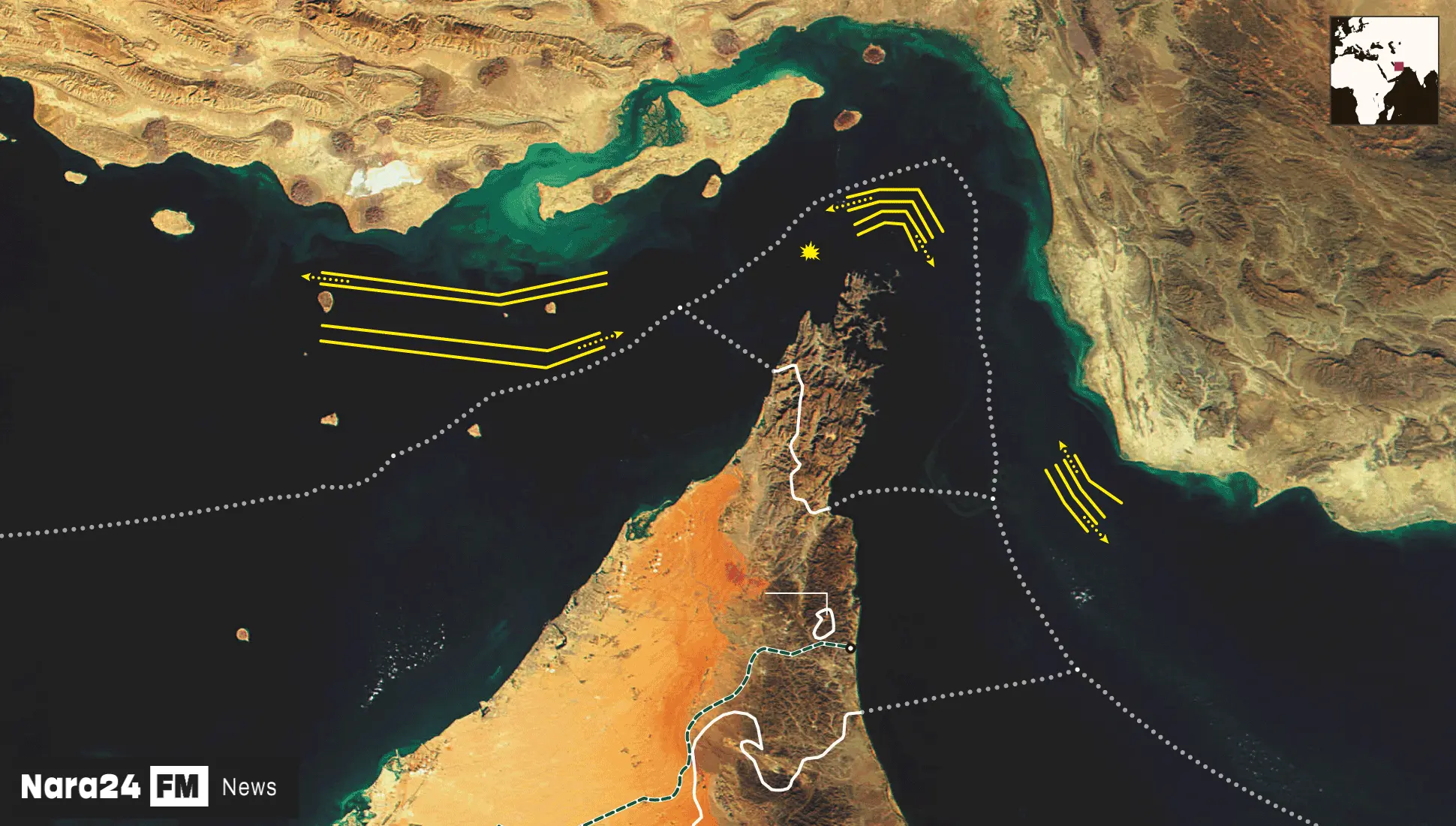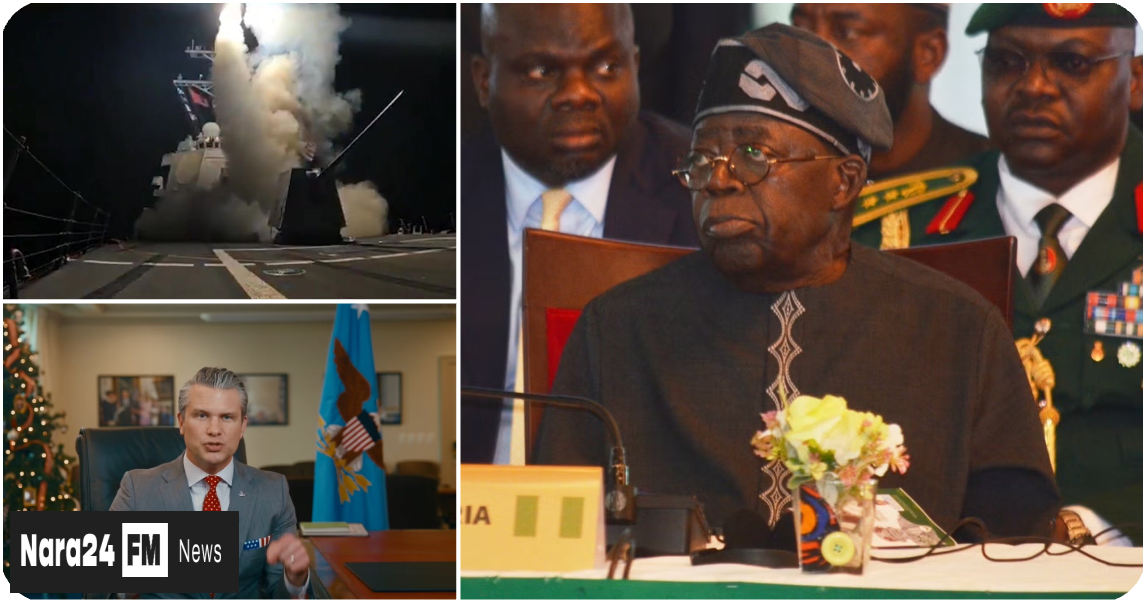In This Article
- Iranian Parliament Endorses Closure of Hormuz Strait
- Background and Justification for the Decision
- International Reactions and Market Impact
- Decision-Making Process and Key Players
- Potential Ramifications and Concerns
- Calls for Restraint and Diplomatic Solutions
Key Takeaways
- Iran's parliament has approved a motion to potentially close the vital Strait of Hormuz in response to recent military actions by the US and Israel.
- The decision to close the strait still requires final authorization from Iran's Supreme National Security Council.
- The closure of the Strait of Hormuz could disrupt approximately 20% of the world's daily oil supply, impacting global supply chains and potentially leading to a surge in oil prices.
- The United States has not yet responded formally to Iran's parliamentary decision, but American officials have cautioned against any attempts to obstruct the strait.
Iran's parliament has greenlit a motion to shut down the Strait of Hormuz, a crucial route for global oil transport, in retaliation against recent military actions by the United States and Israel. The decision was made during a special session of the Islamic Consultative Assembly, granting legal backing to the possible closure of the strait. However, the final authorization to implement the closure still rests with Iran's Supreme National Security Council.
The move comes amidst escalating tensions following reported airstrikes by the United States and Israel on Iranian nuclear facilities like Natanz and Fordow. Lawmakers justified the decision as essential for safeguarding national security and asserting Iran's sovereignty over its territorial waters.
Member of Parliament Esmail Kosari emphasized the necessity of protecting Iran's interests, stating, "We cannot allow hostile nations to threaten our survival while they benefit from transiting freely through our own maritime routes."
Approximately 20% of the world's oil supply passes through the narrow strait daily, and any disruption could have significant impacts on global supply chains and lead to a surge in oil prices. The international energy market reacted swiftly, with Brent crude futures surging above $95 per barrel in early trading following the announcement.
While the parliamentary vote showcases Iran's intentions, the final decision to close the strait lies with the Supreme National Security Council, headed by President Ebrahim Raisi and overseen by Supreme Leader Ayatollah Ali Khamenei. No specific timeline has been provided for the potential closure.
Bill Clinton's Critique of Netanyahu's Stance on Iran
Former US President Bill Clinton criticizes Israeli Prime Mi...
Read moreIran has previously threatened to close the Strait of Hormuz in response to diplomatic or military pressures. However, analysts warn that the current situation may differ due to recent attacks on Iranian infrastructure, escalating hostilities with Israel, and tense encounters with US naval forces in the Gulf.
The United States has not formally responded to the parliament's decision, but American officials have consistently warned against any attempts to obstruct the strait. The US Fifth Fleet has augmented its presence in the region in response to reports of Iranian naval activities and harassment of commercial vessels.
The United Nations has expressed concerns over the escalating situation and urged all parties to exercise restraint, cautioning that a strait closure could trigger a global economic and humanitarian crisis. Iran maintains that its actions are defensive, aiming to convey to foreign powers that continued aggression will have consequences.
The potential ramifications of closing the Strait of Hormuz, such as military conflicts and increased economic isolation, could be severe for Tehran. While the strait remains operational for now, the parliamentary approval of the closure heightens tensions in a region already marked by volatility.








Comments (0)
Leave a Comment
Be the first to comment on this article!